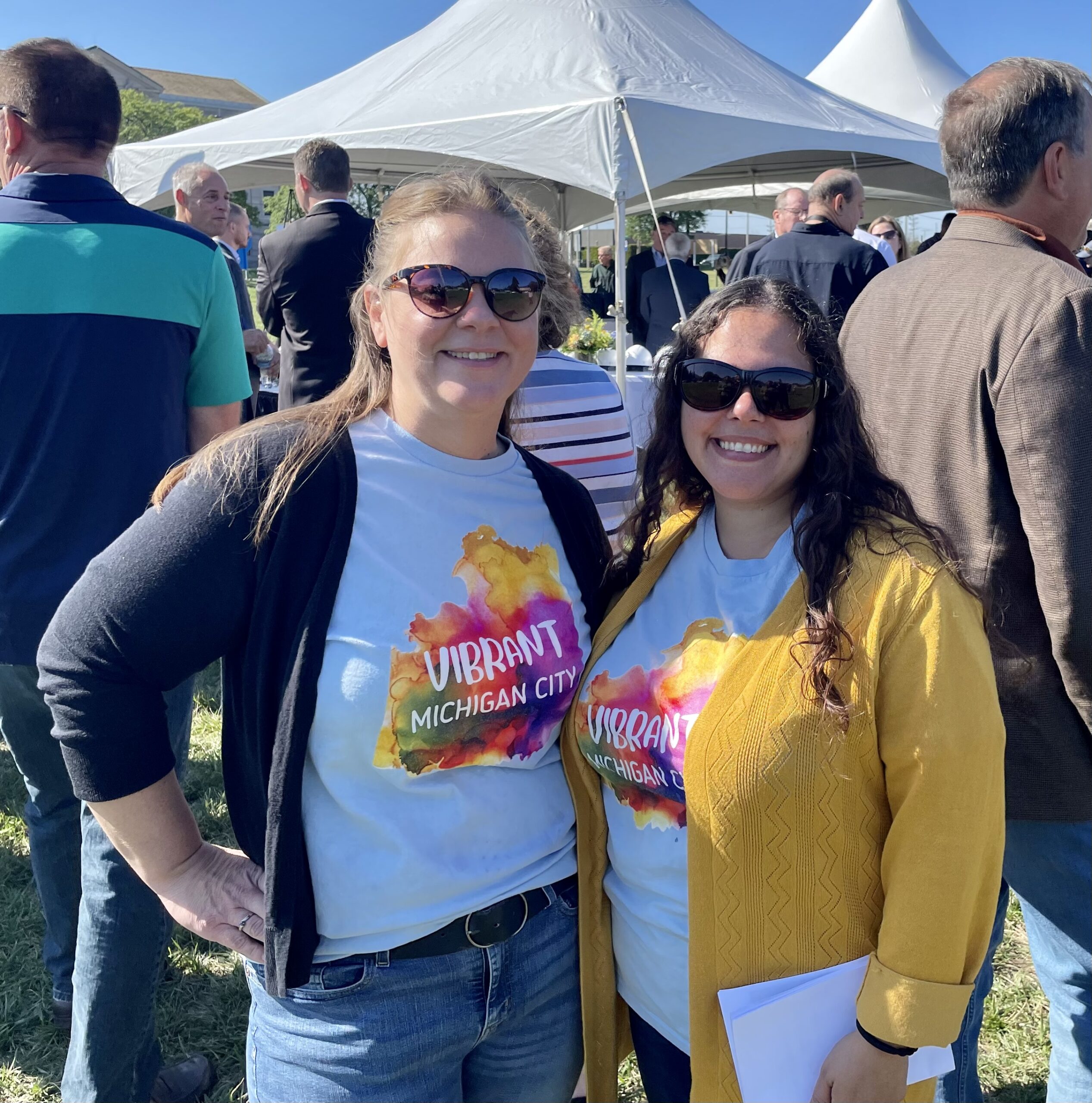Three Indiana cities today unveiled ambitious economic development plans, outlining long-term strategies to better fuel economic growth, innovation and quality of life for current and future residents. These new growth agendas for Michigan City, Seymour and Warsaw were developed in partnership with local residents and funded by the Indiana Economic Development Corporation (IEDC) in an effort to increase economic mobility and opportunity statewide, enabling these smaller communities to be better equipped to access new funding from the recently expanded Indiana Regional Economic Acceleration and Development Initiative (READI).
“As we think about increasing the vibrancy of our regions and advancing quality of life and quality of place across Indiana, we want to ensure that all communities – regardless of size or resources – have the opportunity to grow and better position themselves for long-term success,” said Indiana Secretary of Commerce David Rosenberg. “These three plans directly address the challenges small cities face when working to build economic opportunity. The visions and strategies now in place in Michigan City, Seymour and Warsaw will enable these communities to better attract capital and fuel development and revitalization, positively impacting their residents and creating more opportunities for families for years to come.”
These three plans were developed during year-long ‘learning labs’ that enabled local teams, including government, industry and nonprofit officials as well as current residents, to work together with national community development officials from the Brookings Institution and the Local Initiatives Support Corporation (LISC) to develop place-based strategies that bridge systemic gaps in health, wealth and opportunity. The bold, long-term plans will equip each community with the tools needed to better compete for community and economic investment, particularly through the state’s nationally recognized READI program, which received another $500 million allocation from state leadership this spring.
“It is clear from both data and experience that equity-focused community investment plans can produce sustainable gains that have a positive ripple effect beyond any one project or neighborhood,” said William Taft, senior vice president of economic development with LISC. “For these three cities, these goals are achievable. They have committed local champions behind them, and they offer great opportunities for investors to empower real community-driven transformation.”
Michigan City, Seymour and Warsaw each tailored its strategy to its local assets, needs and opportunities. Their plans, which are highlighted below, share many common goals, such as expanding career pathways to high-quality jobs, building and preserving affordable housing, and transforming distressed or underutilized land into vibrant commercial facilities and public space for arts and recreation. The plans are based on the principles of community-centered economic inclusion (CCEI), which builds community wealth within underinvested places by directly engaging with residents; breaking down barriers related to race, income and geography; and connecting to broader economic growth in the region.
- Michigan City | Vibrant Michigan City: Economic Prosperity for All
The Vibrant Michigan City playbook serves as a dynamic roadmap for progress, presenting a variety of projects, policies and programs to foster a vibrant and thriving community. The community’s strategies aim to leverage the unique opportunities and tackle the unique challenges of each of its three main areas – west side, east side and mid-town – such as increasing quality of life assets, such as banking, grocery stores and public parks, to improve livability; advancing revitalization to retain talent; and ensuring employment diversity to ensure opportunities for residents.
“By working through this process as a community, we have sparked a sense of collaboration that is vital to putting the Vibrant Michigan City agenda items into action,” said Clarence L. Hulse, executive director of the Economic Development Corporation Michigan City. “Our community is so appreciative of the opportunity to work with the initiative’s partners to create a more economic inclusive environment not only here in Michigan City, but also in cities and towns across the country that can mirror our playbook as a guide.”
Indiana’s nationally recognized READI program is a statewide initiative that seeds community development projects and programs to catalyze economic and population growth. The IEDC initiated this pilot program after identifying gaps in the initial READI application process as smaller communities needed more specific, concentrated support. The organization started with these three unique communities with the intent that the strategies developed can be replicated across smaller, similar communities in Indiana.
“The well-being of our cities and our nation depends on creating equitable landscapes of opportunity where more people, small businesses, and places can thrive,” said Hanna Love, senior research associate at Brookings. “CCEI provides local leaders with the tools to lay the groundwork for a strong and healthy future, and to do so in a way that is accountable to communities that have for too long been denied the chance to thrive.”
The IEDC has successfully obligated the initial $500 million investment, which was appropriated in 2021, to more than 360 projects and programs across 17 regions. The state’s investment is expected to yield more than $12 billion total invested in Indiana’s quality of life, quality of place and quality of opportunity. To learn more, visit IndianaREADI.com.

